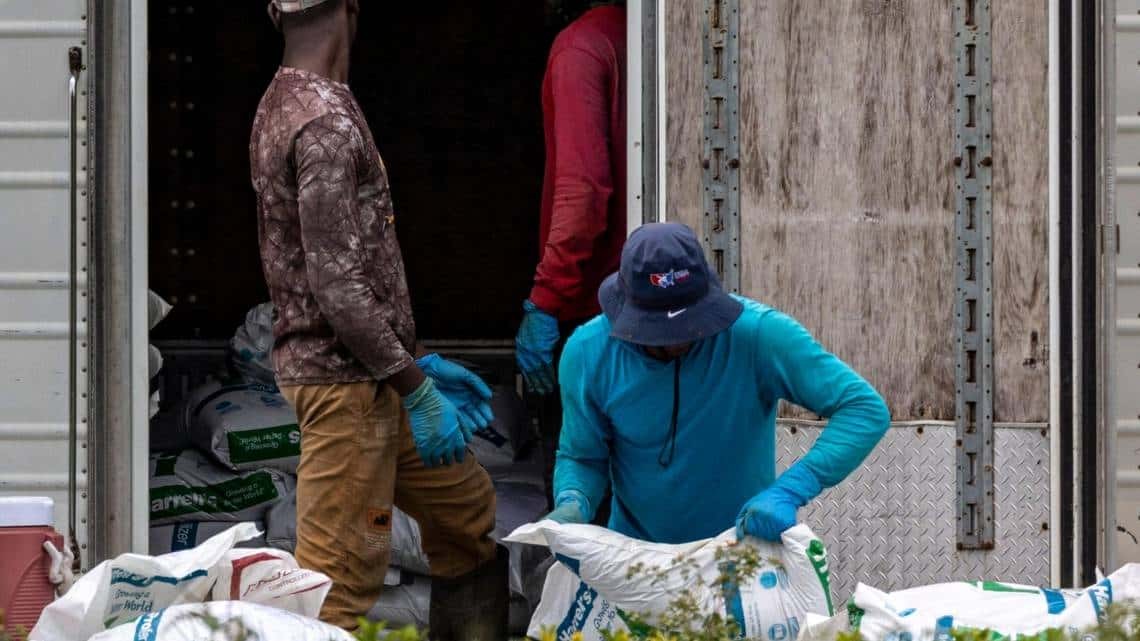Governor Ron DeSantis signed the anti-illegal immigration bill into law in May, and it is set to take effect this weekend.

Florida businesses and the agriculture industry in Florida are preparing for the implementation of a new labor law that could have significant consequences for employers and potentially remove many undocumented immigrants from the workforce
The legislation, supported by the GOP-majority Florida legislature, aims to curtail benefits previously granted to illegal immigrants and discourage noncitizens from residing in the state.
The law introduces several key changes, including a requirement for employers with 25 or more employees to verify the legal status of new hires using the federal database E-Verify. It also invalidates out-of-state driver’s licenses obtained by undocumented immigrants and mandates that hospitals collecting Medicaid funds ask patients about their immigration status. Furthermore, Florida businesses law proposes felony charges for job applicants caught using fake identification cards, while employers face daily fines of $1,000 if they fail to utilize the E-Verify system.
Critics of the law, such as Democratic state Representative Dotie Joseph, argue that the E-Verify mandate will lead to Florida businesses worker shortages in industries like agriculture, resulting in higher food prices and longer wait times at restaurants. The impact may also extend to housing options and caregiving services. The Florida Policy Institute estimates that approximately 390,000 people in the state, employed in the top six industries, may be undocumented immigrants.
According to Representative Darren Soto, Florida businesses have expressed concerns about losing employees, particularly in the tourism, agriculture, and construction sectors, which are vital to Florida’s economy.
The legislation could also affect affordable housing and infrastructure development in Florida businesses
However, it is important to note that the law will not result in the termination of currently employed workers. The bill includes stricter penalties for Florida businesses for smuggling individuals within the state, even for minors involved in smuggling operations. Additionally, it allocates $22 million for the Unauthorized Alien Transport Program, enabling the state to transport undocumented immigrants to other states.
The passage and imminent enforcement of this law are considered significant accomplishments for Governor Ron DeSantis, who has touted it as the nation’s most stringent measure against illegal immigration. The timing of the law’s implementation coincides with DeSantis’s 2024 presidential announcement, further highlighting its importance. As the law takes effect, protests have erupted across Florida businesses, with residents expressing concerns and planning additional demonstrations in the coming days.
READ ALSO: Mayor Eric Adams Faces Budget Strain Amidst New York City’s Escalating Migrant Crisis




